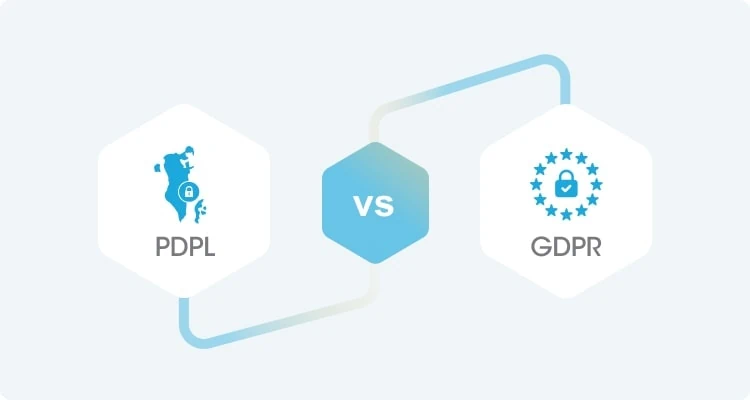Article: 23
Under PDPL, a data subject has the right to request to rectify, block or erase the personal data relating to him/her when the processing of such data is in breach of the provisions of PDPL, in particular, if the data is inaccurate, incomplete, outdated or if its processing is illegal.
Where the data controller has responded to a deletion/rectification/blocking request – wholly or partially, he must, within fifteen days from responding to such request, notify any third party, to whom the data have been disclosed, of the erasure that was made pursuant to the request, unless this proves impossible or unachievable.
The data controller is required to respond to the request, free of charge, within a period not exceeding ten working days of receipt of the request.
This right does not apply to public registers.
Articles: 12, 16, 17, 18
Recitals: 59, 65, 66
The right to erasure only applies in instances where consent is withdrawn. There is no other legal ground for processing or when personal data is no longer necessary for the purpose for which it was collected.
The data subject requests under the right to deletion must be responded to without delay and in any event within one month of the receipt.
The deadline can be extended to two additional months where there is great complexity or depending on the number of requests. In any of these cases, the data subject must be notified of any such extension within one month of receiving the request, along with the reasons for the delay and the possibility of complaining to the supervisory authority.
The right to restrict processing applies when the data subject contests data accuracy, the processing is unlawful, and the data subject opposes erasure and requests restriction. The controller must inform data subjects before any such restriction is lifted.
Under GDPR, the data subject also has the right to obtain from the controller the rectification of inaccurate personal data and to have incomplete personal data completed.













